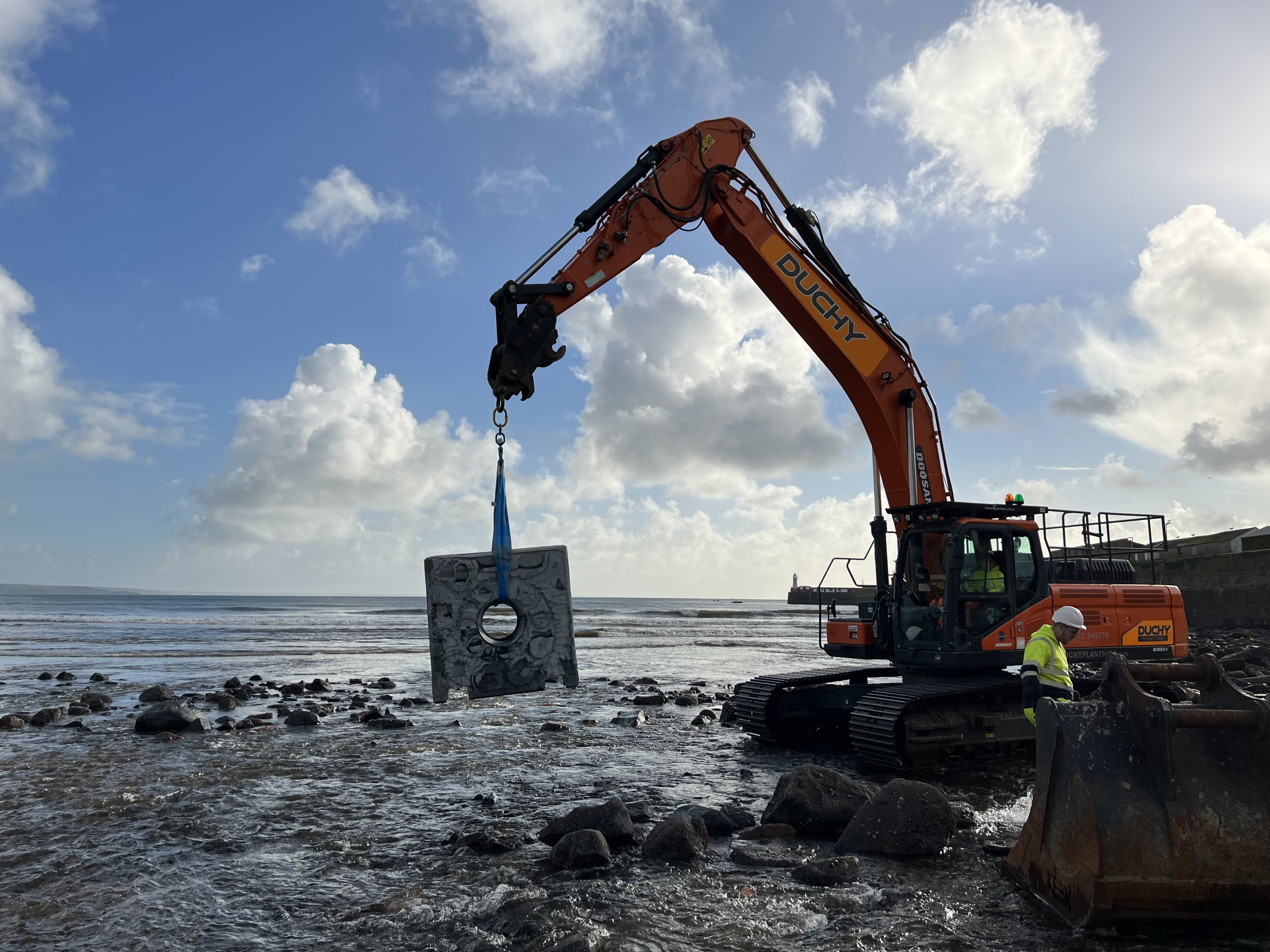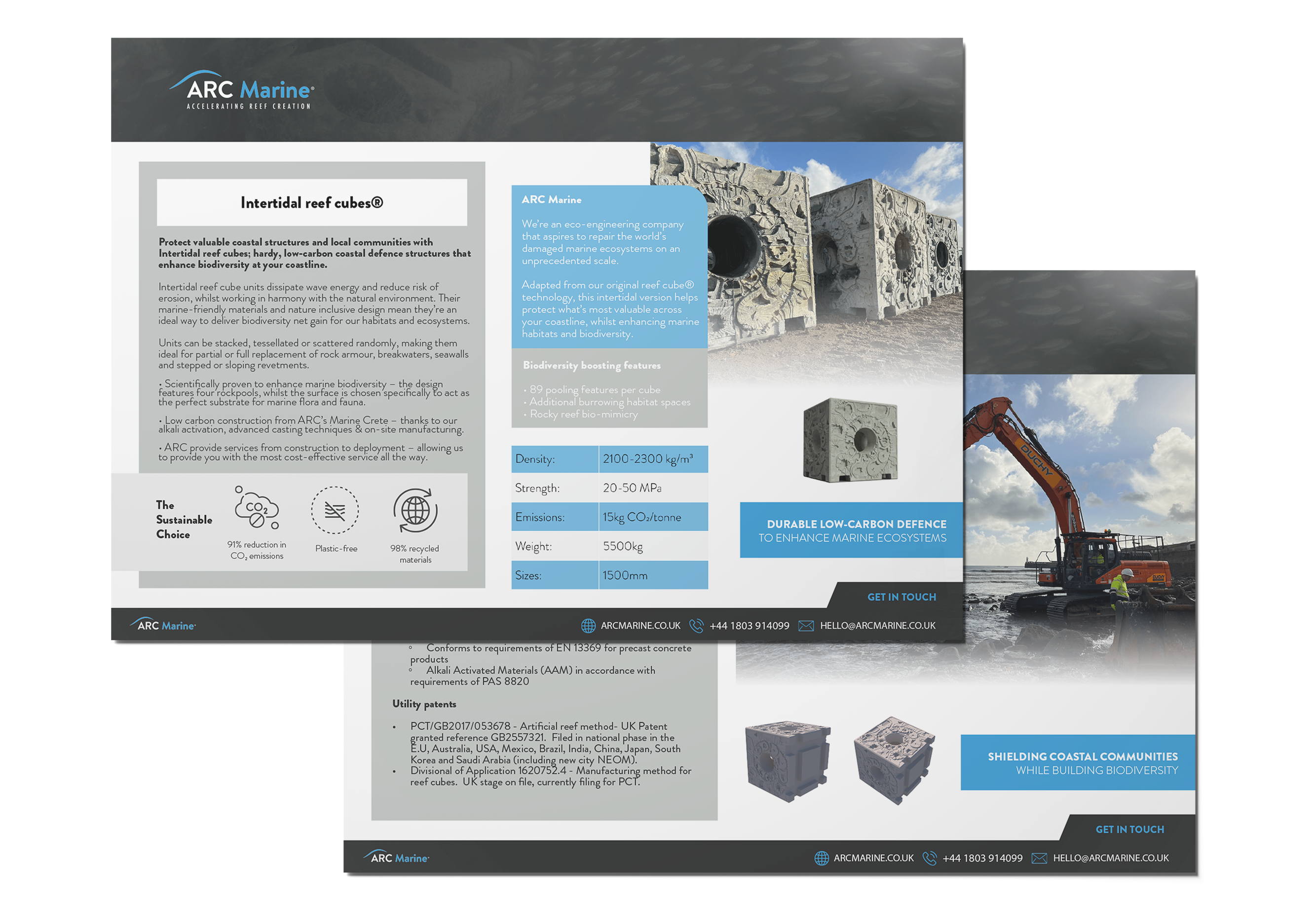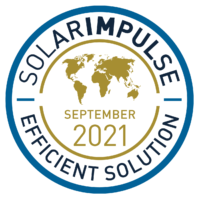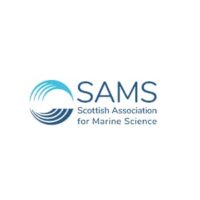Intertidal reef cubes
Intertidal reef cubes help you to protect what’s most valuable across your coastline, whilst enhancing marine habitats and biodiversity.
Durable low-carbon defence to shield coastal communities and infrastructure, while enhancing marine ecosystems

Shield your coast, build biodiversity
Protect valuable coastal structures and local communities with Intertidal reef cubes, hardy, low-carbon coastal defence structures that enhance biodiversity at your coastline.
Intertidal reef cubes dissipate wave energy and reduce risk of erosion, whilst working in harmony with the natural environment. Their marine-friendly materials and nature inclusive design mean they’re an ideal way to deliver biodiversity net gain for our habitats and ecosystems.
Units can be stacked, tessellated or scattered randomly, making them deal for partial or full replacement of rock armour, breakwaters, seawalls and stepped or sloping revetments.
Get in TouchWhy choose Intertidal reef cubes?
Science-backed design
Helping to boost the biodiversity along your coastline
Scalable, modular solution
Intertidal reef cubes are available no matter the size or scale of your project
Can be fit with existing structures
Can be incorporated into existing designs & structures – rewild shorelines whilst protecting assets.
Promotes human-nature interaction
Can be used as biodiversity enhancing walkways for piers, breakwaters, allowing closer human-nature interaction
Low CO2 emissions
91% reduction in CO2 emissions – thanks to our alkali activation, advanced casting techniques & on-site manufacturing
Recycled and plastic-free
98% recycled materials & plastic-free – there are no harmful marine plastics introduced into the environment
Alkali-activated material (AAM) binder
Created from alkali-activated material (AAM) binder produced Marine Crete, which is of comparable and superior strength to ordinary portland cement (OPC) but without the carbon footprint
Modular scalable design
Modular and stackable allowing for structures of any size and scale


Find out more | Intertidal reef cube product sheet
Looking for more information on Intertidal reef cubes? You can learn about their specification, details and more when you download our product sheet.
Fill out the form to download it now and find out how you can incorporate nature inclusive solutions to enhance marine ecosystems into your next project.
DownloadFrequently Asked Questions
FAQs
Question?
What’s the minimum number of Intertidal reef cubes I can order?
Question?
Does ARC Marine provide monitoring to track the ecosystem benefits to my project?
Question?
How does the process of buying Intertidal reef cubes work?
Question?
How can Intertidal reef cubes be installed?













